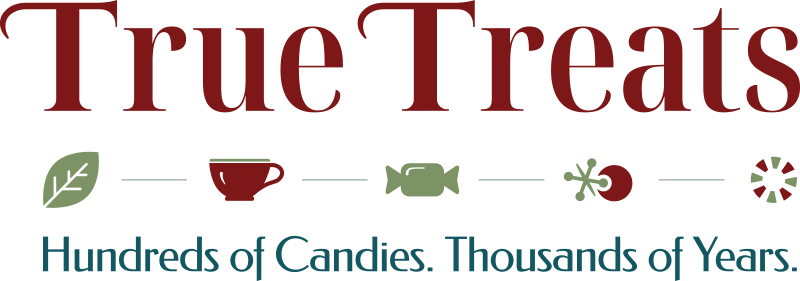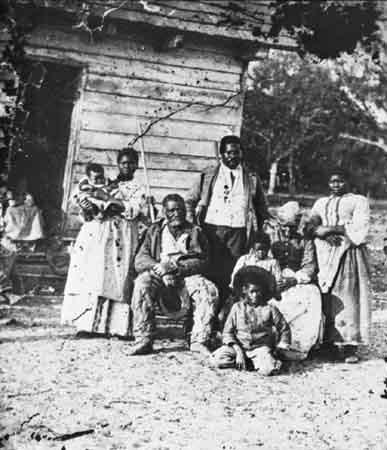Free Shipping on Orders over $49 (Retail Only)
Shop Now
- Address: 144 High Street Harpers Ferry, WV 25425
- Shop: 304.461.4714
- Orders: 304.535.8904

Cane sugar was one of the main reasons for enslavement in the U.S. The cane sugar plantations were infamous: the average worker suffered egregious injuries, lived short lives, often ending in their 20s, and were typically malnourished with little or no medical care. They, and others in similar circumstances, were also among the founders of our nation.
July 4th is fast approaching, and we Americans eat hot dogs, send off fireworks, and have an overall great time honoring the Declaration of Independence and the founders of our great nation. True Treats Historic Candy is right on board, ready to celebrate the brave, difficult and enduring contributions of our forefathers and mothers like nobody’s business!
But here’s the thing: these folks in their long skirts and ruffled frocks weren’t the only ones busily building. They had a cadre of enslaved workers tucked away in quarters, toiling in a system of brutality, a blip on the historic map. So this July 4th why aren’t we honoring them, too? Because our language works like an eraser, wiping them away as we try to describe them.
Here’s what I mean. In common conversation, we talk about these workers as “slaves.” Not slaves. They didn’t choose to be slaves and slavery wasn’t in their blood. Not like, say, being Korean or Polish, or whatever. They were “enslaved” – a condition foisted on them. And they didn’t “runaway” from the places where they were held – from Southern plantations to ports of Boston – they “escaped.”
As for the quality of their live: they weren’t “victims”: victims cower and wilt. They were survivors… surviving horrors from not their “masters,” but “slaveholders” who justified the, not economic institution of slavery, but cultural of sadism, brutality, you pick, which ultimately had little to do with mere economy as post-Civil War history proves. As for the well-documented punishments: the slaveholder’s didn’t “punish” the enslaved workers – that’s for kids and criminals – but exacted retribution. For what, you may ask. Good question.
So, this July 4th, when speaking of the founders of our nation, feel free to borrow from this text. If you think this is PC talk – knock it off. Language counts, it shapes our identity, our sense of history. That’s why we use some words and not others, like “enslaved,” “survivors,” and, oh yes, “founders.” And have a happy fourth.